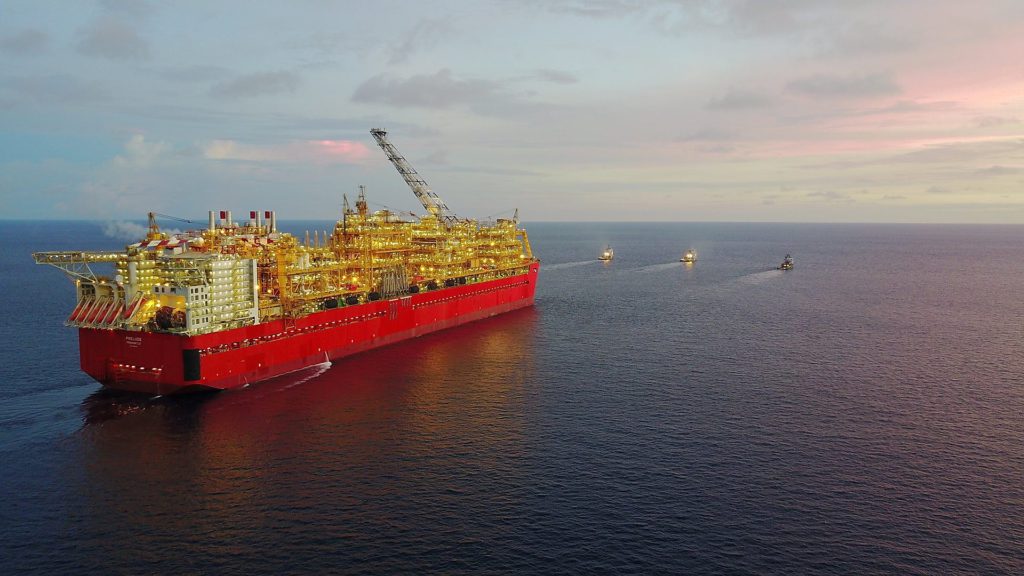Bloomberg News | March 16, 2022

Image: Shell
Europe’s energy traders are lobbying central banks and governments for urgent funding as the industry faces cash-calls running into the billions of dollars due to soaring commodity prices.

The European Federation of Energy Traders is petitioning for “emergency funding mechanisms” in order to prevent some traders from experiencing liquidity problems that could lead to financial contagion, according to a letter viewed by Bloomberg. Members of the industry group include Shell Plc, TotalEnergies SE, Vitol Group and Mercuria Energy Group Ltd. among others.

“Since the end of February 2022, an already challenging situation has worsened and more energy market participants are in a position where their ability to source additional liquidity is severely reduced or, in some cases, exhausted,” according to the letter.
The EFET didn’t immediately respond to a request for comment.
Prices of commodities from grains and metals to natural gas and oil have jumped at an unprecedented rate as Russia’s invasion of Ukraine set off a scramble to source alternatives to one of the world’s top raw-materials producers. In these circumstances margin calls — demands to deposit additional funds with brokers and exchanges to cover part of the value of commodities contracts — have become a major drain on traders’ cash reserves.
The shock and its potential to impact outside the commodities sector was highlighted in the market for nickel, where prices rose so sharply they triggered margin calls larger than some brokers on the London Metal Exchange would have been able to pay. The exchange canceled a day’s nickel trades and halted transactions on its contract to prevent effective defaults, Chief Executive Officer Matt Chamberlain said at the time.
“Market participants, clearing members and clearing houses are currently encountering major challenges in managing the impact of the current geopolitical situation,” according to the letter. “Massive price movements on European energy exchange markets have resulted in massively increased margin requirements for market participants.”
The Financial Times was first to report the letter on Thursday.
(By Archie Hunter)
No comments:
Post a Comment